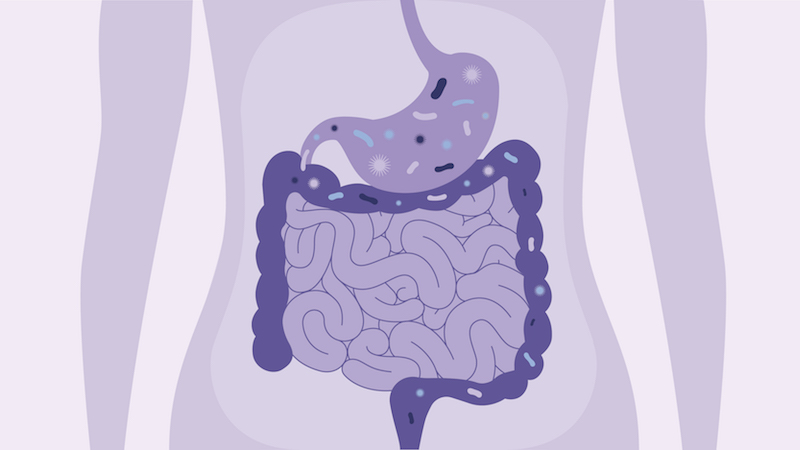Treatments
Ulcerative Colitis Treatments
If you have ulcerative colitis, Northwestern Medicine Digestive Health Center physicians* will work with you to identify foods that aggravate symptoms and to ensure you get enough nutrients while avoiding anemia (from bleeding ulcers) and dehydration (from diarrhea).
Our Digestive Health Center physicians will also instruct you on what foods to eat and what to avoid before colonoscopies and other procedures, to ensure physicians are able to conduct examinations and imaging tests.
Other treatments include:
- Medication: Medicines for ulcerative colitis include anti-inflammatory drugs to reduce pain and inflammation, immune system suppression drugs to control the immune response, and antibiotics to fight infection.
- Surgery: Surgery may be necessary to all or part of the colon and rectum. Your surgeon can perform an ileostomy, which lets waste collect in a bag outside the body, or build a rectum out of the small intestine.
- Supplements: Since inflammation can prevent vitamin absorption and some medications put patients at a higher risk for osteoporosis, it is important to follow a diet high in vitamin D, calcium, and other vitamins and minerals.
- Diet: Although foods do not cause inflammation and irritation, some foods such as dairy, high-fiber grains, hot spices and alcohol can provoke symptoms. Your physician may ask you to keep a detailed food diary and work with a dietitian to identify and avoid foods that cause symptoms for you.
- Quitting smoking: Smoking can cause you to have more severe symptoms and more frequent relapses.
- Manage stress: Exercise, biofeedback and relaxation exercises can help you manage your response to stress.


